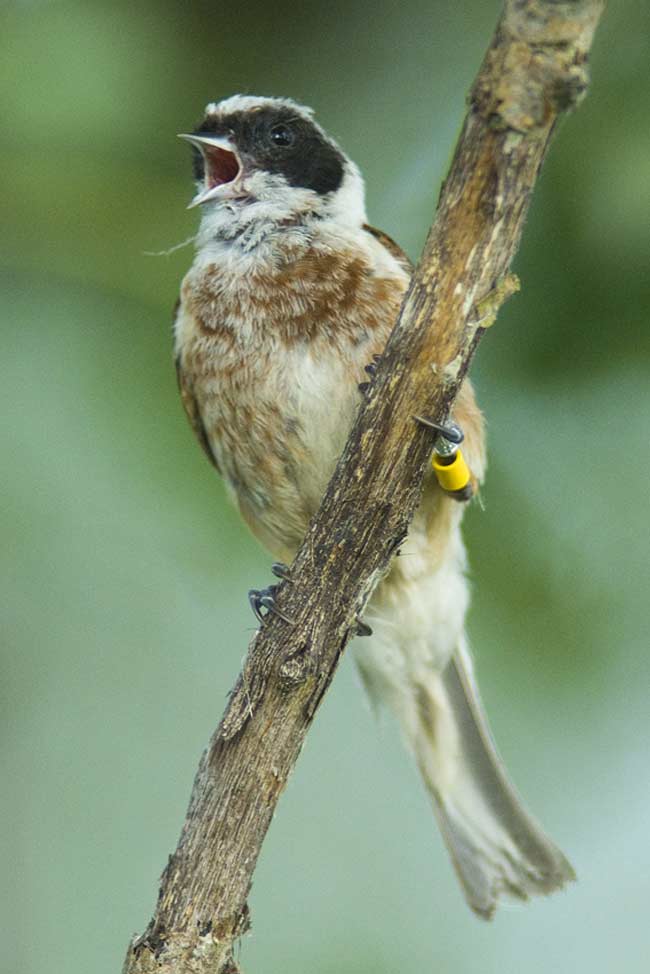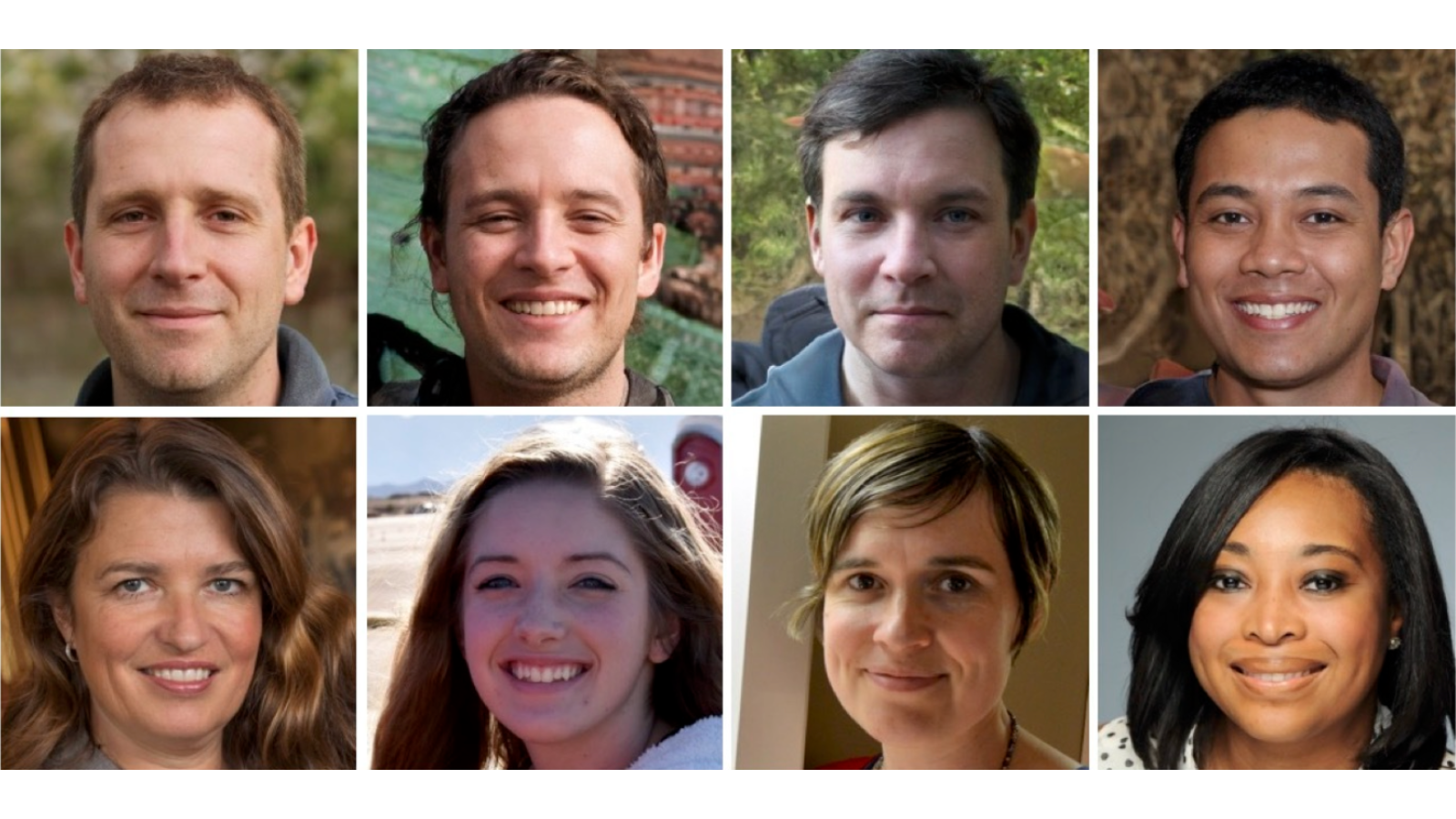Birds Abandon Eggs for Swingers Lifestyle

Some avian parents hit the road when it comes to child-rearing: Both parents flee the nest, in search of new sexual conquests.
Males and females of the penduline tit (Remiz pendulinus) can mate with up to seven different partners in one breeding season. So childcare can be a time drain, keeping the birds from scoring more mates.
A new study of the small perching songbirds in southern Hungary reveals that both parents are willing to abandon the nest to boost individual reproductive success.
“As far as we know, this willingness for both sexes to abandon the nest for the sake of new mates is unique,” said one of the study researchers, Tamas Székely of the University of Bath in England.
Male penduline tits often take off before the female has laid her eggs, a strategy that would seemingly keep the female bound to the nest as a single parent. But sneaky females sometimes hide their eggs from the males so the mothers can high-tail out of the nest before the fathers know the eggs have been laid.
Over one breeding season, females care for more than half of all clutches, and males act as parents for up to 20 percent. The rest (about 30 percent) are abandoned by both parents.
"This could be said to be reminiscent of Hollywood lifestyles with plenty of mating opportunities that may lead to neglect for the family at home," Székely said.
Get the world’s most fascinating discoveries delivered straight to your inbox.
These conflicting interests likely generated a tug-of-war over time and generations, as both males and females have co-evolved to outwit the other.
“Our findings reveal an intensive conflict between males and females over care that has affected the behavioral evolution of this species,” Székely said.
The results, announced today, are published in the Journal of Evolutionary Biology.
- Image Gallery: Rare and Exotic Birds
- Mating Game: The Really Wild Kingdom
- Top 10 Amazing Animal Abilities
Jeanna Bryner is managing editor of Scientific American. Previously she was editor in chief of Live Science and, prior to that, an editor at Scholastic's Science World magazine. Bryner has an English degree from Salisbury University, a master's degree in biogeochemistry and environmental sciences from the University of Maryland and a graduate science journalism degree from New York University. She has worked as a biologist in Florida, where she monitored wetlands and did field surveys for endangered species, including the gorgeous Florida Scrub Jay. She also received an ocean sciences journalism fellowship from the Woods Hole Oceanographic Institution. She is a firm believer that science is for everyone and that just about everything can be viewed through the lens of science.


